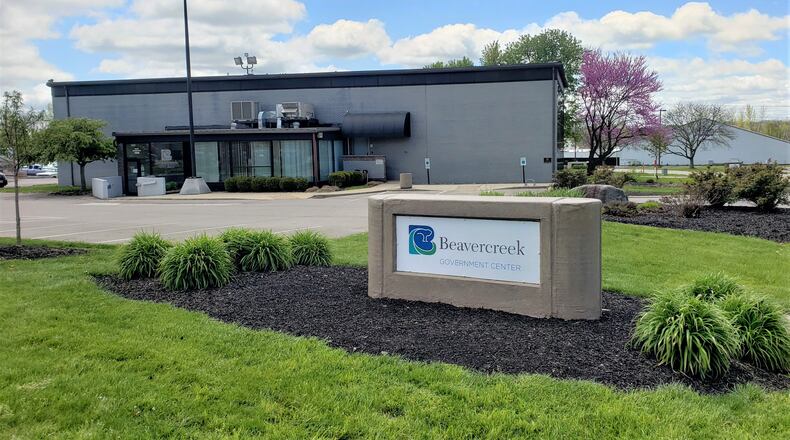These results are expected to change as more ballots are counted through Nov. 18. The Dayton Daily News will continue to update these results as more ballots are counted.
Beavercreek Mayor Bob Stone said he was “thrilled” by the high voter turnout, but had mixed emotions about the outcome.
“I’m not as happy as I could be, but it was very close,” Stone said.
Residents have turned down several other income tax proposals. Most recently in 2013, about 61% of residents voted against it, according to the Greene County Board of Elections. Stone said he thought it was a good sign that the income tax issue was defeated by a more narrow margin than in years past.
City leaders say this income tax would have kept the city from constantly coming to the people of Beavercreek for more money via property tax levies. Beavercreek is one of four cities in Ohio without an income tax; nearby Bellbrook is another.
City Manager Pete Landrum said the city had planned to use the roughly $14.5 million that would be generated from the income tax in the first year to replace a street levy set to expire at the end of 2021 and also help the city tackle long overdue infrastructure projects. Landrum said Beavercreek has a backlog of infrastructure projects that will cost close to $200 million to fix things like drainage, culverts, curbs and sidewalks in the city.
“Some of those things will never get done without an income tax,” Landrum said.
Letting the street levy expire would have reduced city property taxes by $101.46 per $100k of home value per year.
Moving forward, the city said a pressing need will be to address funding options for the street levy that is set to expire at the end of next year. Landrum said that levy pays the majority of the salaries for people in the public service department. The city will likely ask voters to renew that levy.
“It was definitely a different and challenging election cycle due to COVID-19, which limited the traditional in-person educational and informational opportunities. It’s harder to get information out over Zoom,” Landrum said.
Landrum said council will likely discuss a few options to address the backlog of infrastructure at the city’s budget hearings on Nov. 16 and Nov. 19. These meetings are open to the public and Landrum said there will be a time for public comments.
Landrum said some options that council could consider are asking voters for another income tax, asking for a different levy or adding an assessment fee for things like curb and sidewalk – something many other area cities do.
The city will continue to apply for grants to try and address infrastructure issues. Landrum said since 1997, Beavercreek has received over $100 million in grant funding from various sources.
“We’re going to keep applying, but you never know when some of that might dry up,” Landrum said.
About the Author

